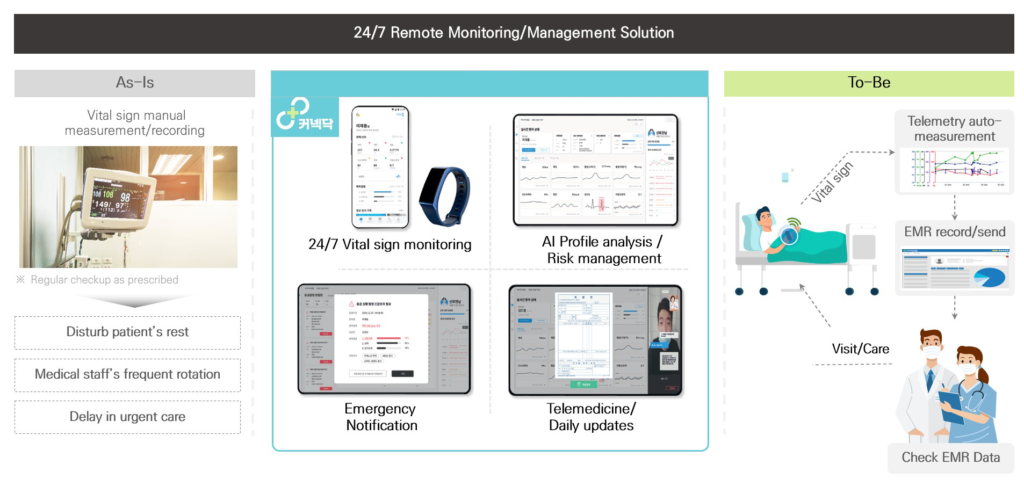
How are consumers accepting artificial intelligence (AI) that is rapidly being introduced into various industries? A recent SAS survey of 500 Americans found that consumers felt more comfortable with AI technology in the healthcare industry than in finance or retail.
In particular, 47% of the respondents said they would be willing to receive help from artificial intelligence technology even during surgery.
In addition, six in 10 (60%) felt comfortable with doctors using data from wearable devices such as Apple Watch and Fitbit to evaluate and advise on their lifestyle.
In fact, artificial intelligence is rapidly entering the healthcare sector, providing new solutions to complex and expensive medical problems.
At this time, in order to successfully utilize artificial intelligence, an analytical thinking analysis organization must be established, and an analysis platform must be built as part of the effort.
Artificial intelligence makes machines learn by themselves from experience, adapt to new inputs, and perform tasks like humans.
Most of the AI cases we hear, from chess game computers to self-driving cars, rely heavily on deep learning and natural language processing (NLP).
With these technologies, computers are trained to perform specific tasks by processing vast amounts of data and recognizing patterns.In the medical field, artificial intelligence uses algorithms and software to analyze complex medical data similar to human cognition.
The key objective is to analyze the relationship between prevention or treatment techniques and patient outcomes from them.Why do we need an analysis platform?
Much investment is being made in both the existing and innovative AI environments, but most AI projects remain in the prototype stage, except for the high-tech industry. So it’s rare to provide the level of business value we expect.

The key challenge is to create AI applications that can be run and include them in enterprise business processes.This requires an analysis platform.
The analytics platform is a software-based platform designed to gain insights from data in any computing environment.
The platform is based on a strategy that drives business activity from analytics insights to support the full analytics lifecycle, ranging from data to discovery to deployment.
Build on analytics platforms to develop scalable, integrated security models, i.e. managed and controlled AI applications. The application can also evolve into an end-to-end analysis lifecycle.

Infomining uses a platform called ConnectDac for hospital patient management programs and general consumer health care.
It is already set to be verified and certified by more than 80 percent for certification by the Ministry of Food and Drug Safety, and is also invited to use it as joint research by the largest healthcare company (teladoc) in the United States and the world’s top pharmaceutical company (under contract discussions).

In addition, Japanese and European healthcare companies have also been expressing interest in inquiries and joint projects several times, and Japan will soon supply them in a form suitable for local countries.
In order to increase measurement accuracy, wearable devices are owned under their own brand, and this measurement standard accuracy is the most suitable for medical healthcare among existing devices.
EJ SONG
US ASIA JOURNAL



